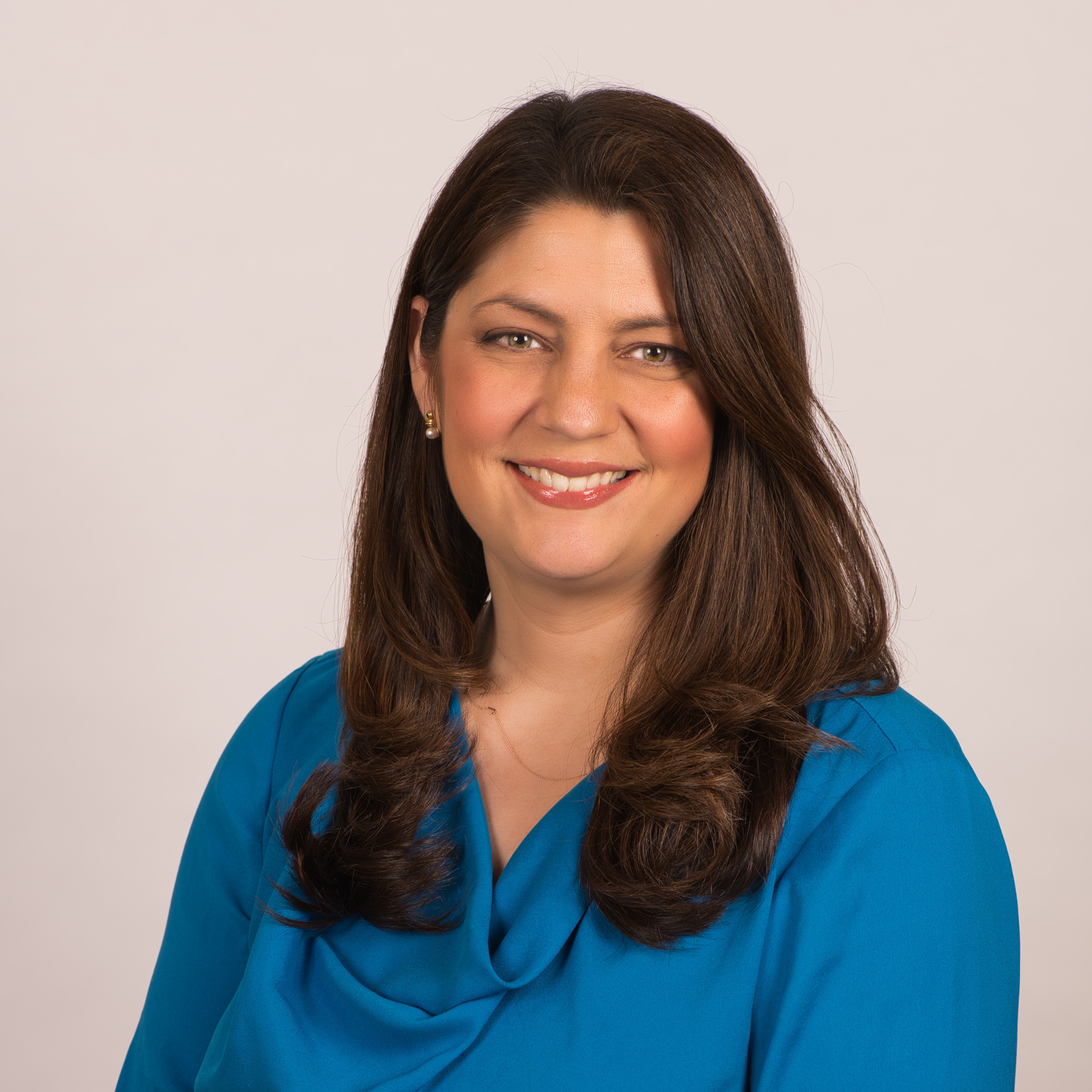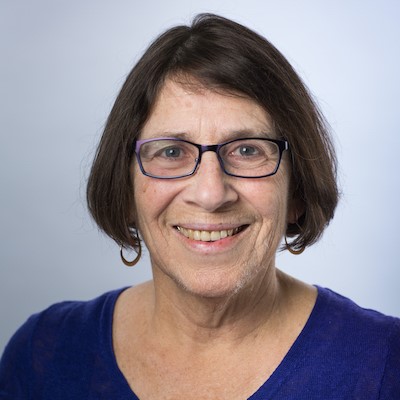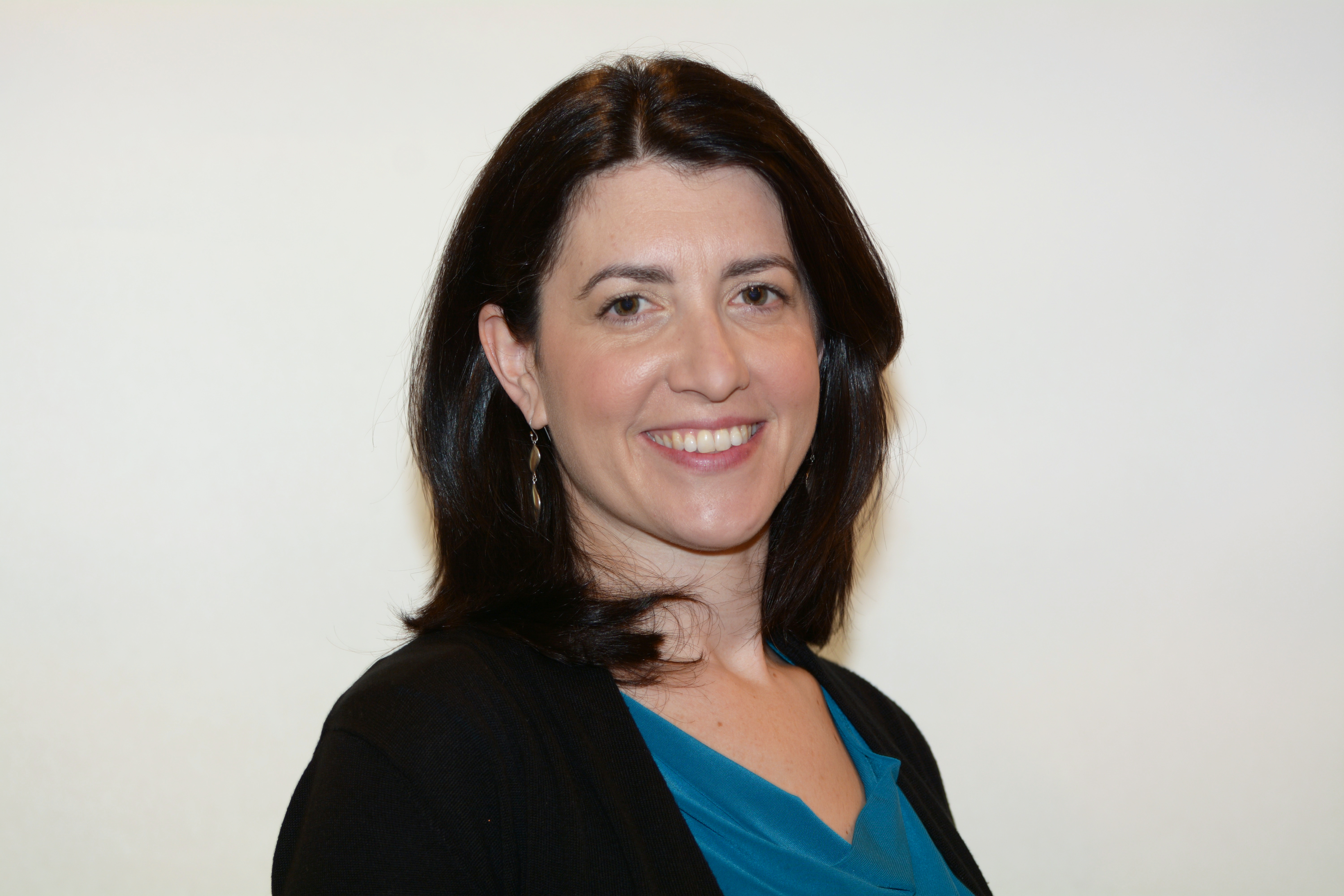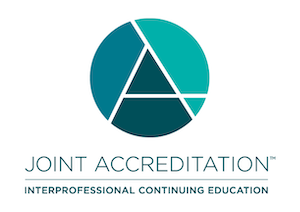
Weitzman ECHO Childhood Trauma 2022-2023
Program Information
This program meets on the first and third Friday of every month from 12-1pm ET / 9-10am PT.
Weitzman ECHO Childhood Trauma connects primary care medical, behavioral health, and school-based health providers to expert faculty from primary care and school-based settings to improve care for youth experiencing trauma. At each of the 18 ECHO sessions, didactic presentations are first delivered by the ECHO's expert faculty, and then participating providers present and discuss their real patient cases to assist providers to better care for children, adolescents, and their families. This ECHO is a longer-term continuing education program to create a virtual community for providers and care team members to receive guidance from peers and experts throughout the 9-month program and beyond.
This ECHO series focuses on valuable topics that improve care for pediatric populations experiencing trauma, including:
- Trauma-informed care approach
- Screening and assessment for those experiencing trauma
- Family Engagement
- Special populations such as neurodivergent and LGBTQ+ youth
- Self-care strategies
This ECHO series is now enrolling primary care medical, behavioral health, and school-based health providers nationally. CME, CNE, CPE, and CEU credits will be provided for physicians, nurse practitioners, physician assistants, nurses, and social workers, among others, by Community Health Center, Inc., an accredited provider through Joint Accreditation for Interprofessional Continuing Education.
Target Audience
This activity is appropriate for the following audiences:
- Medical Providers (MDs, DOs, NPs, PAs)
- Behavioral Health Providers (Psychologists, Therapists, Social Workers)
- Nurses
- Pediatric care team members
Learning Objectives
Related to children, adolescents, and their families who are experiencing trauma and its aftermath, by the end of this activity, participants should be able to:
- Utilize evidence-based strategies to assess and treat patients throughout childhood and adolescence.
- Apply a trauma-informed care approach in primary care and school-based health settings.
- Demonstrate the impact that cultural lenses, such as race, ethnicity, neurodiversity, gender, and sexual orientation, have on access and quality of care for patients and their families.
- Implement self-care strategies in practice to combat burnout, compassion fatigue, and trauma.
- Recognize the importance of addressing social determinants of health and assisting patients and their families in navigating systems.
Acknowledgement of Support
Childhood Trauma ECHO is supported by the National Council for Mental Wellbeing.
FAQs
What is Project ECHO®? Project ECHO® was developed by Sanjeev Arora, MD, at the University of New Mexico Health Sciences Center and is a collaborative model of medical education and care management that helps improve clinicians' knowledge and skills to improve patient care. ECHOs are designed to be a longer term continuing education programs to create a virtual community for providers and care team members to connect and learn from leading experts and receive guidance from peers and experts. This ECHO learning community provides mentorship and peer support which make this model unique and provide long-lasting impact beyond typical e-learning styles. Weitzman ECHO clinics are specifically designed to meet the needs of safety net primary care providers and their communities like providers practicing in federally qualified health centers (FQHCs).
How much does it cost to participate? Enrollment is now open at no cost for the next curriculum year.
Who should participate? Primary care medical providers, behavioral health providers, or care team members who work with children and adolescents experiencing trauma are welcome to join and register.
When do sessions occur? This Project ECHO will occur twice monthly for one hour. Our kickoff session will occur on October 7, 2022, and sessions will occur every 1st and 3rd Friday of each month at 12-1pm ET / 9-10am PT.
What level of participation is expected? Childhood Trauma ECHO consists of 18 one-hour sessions in total. ECHO participants are expected to:
- Attend at least 50% of sessions
- Complete pre- and post- surveys
- Submit at least one case for recommendations
- Share webcams, when available
- Engage during peer case discussion
How do I join the live sessions? Do I need any special equipment? Weitzman ECHO sessions are held virtually using the Weitzman Education Platform and Zoom Video Conferencing. Access is available on any computer with an internet connection. For instruction on how to how to join the live session, follow these Step-by-step instructions: Entering a Live Session.
How do I claim credit and download my CE/CME certificate? After the live session is completed, the session evaluation will be available right in the platform. Once you complete the session evaluation, you will be able to claim your credits and download your certificate.
How do I sign up? Please register now by clicking on the "Register" tab at the top right of this page. As seats are limited, all registrants will be automatically added to a waitlist. Your registration will be confirmed by email before the first session, along with additional onboarding materials so you can join the program. If you have any questions regarding registration or the ECHO program, please contact Reilly Orner, Education Specialist, at [email protected].
Schedule
This ECHO meets on the first and third Friday of every month from 12-1pm ET / 9-10am PT. Below are the dates of the remaining sessions:
- October 7, 2022
- October 21, 2022
- November 4, 2022
- November 18, 2022
- December 2, 2022
- December 16, 2022
- January 6, 2023
- January 20, 2023
- February 3, 2023
- February 17, 2023
- March 3, 2023
- March 17, 2023
- April 14, 2023 (Previously scheduled for April 7th)
- April 21, 2023
- May 5, 2023
- May 19, 2023
- June 2, 2023
- June 16, 2023
Core Faculty
 Mari Aceves, EdD, DSW, BCBA is an integrated health consultant for the National Council of Mental Wellbeing. She has worked in the mental health field for over 20 years working with children, adolescents, and adults. Dr. Aceves earned a doctorate in Educational Leadership with a P-12 emphasis (CSUF) and a doctorate in Social Work (USC). Dr. Aceves has worked with individuals who have mental health conditions, genetic disorders, and trauma. Dr. Aceves is a Board Certified Behavior Analyst (BCBA) with over a decade of experience in working with individuals with autism and other developmental disabilities. Her previous work experience includes working with children with behavioral deficits in orphanages, substance abuse, outreaches to housing insecure and geriatric populations. Her expertise includes early intervention, parent education, family systems and interdisciplinary collaboration with educational and health care systems. Dr. Aceves’ focus is to help clients reach independence and social integration; and to teach their support systems to interact more effectively through sustainable practices.
Mari Aceves, EdD, DSW, BCBA is an integrated health consultant for the National Council of Mental Wellbeing. She has worked in the mental health field for over 20 years working with children, adolescents, and adults. Dr. Aceves earned a doctorate in Educational Leadership with a P-12 emphasis (CSUF) and a doctorate in Social Work (USC). Dr. Aceves has worked with individuals who have mental health conditions, genetic disorders, and trauma. Dr. Aceves is a Board Certified Behavior Analyst (BCBA) with over a decade of experience in working with individuals with autism and other developmental disabilities. Her previous work experience includes working with children with behavioral deficits in orphanages, substance abuse, outreaches to housing insecure and geriatric populations. Her expertise includes early intervention, parent education, family systems and interdisciplinary collaboration with educational and health care systems. Dr. Aceves’ focus is to help clients reach independence and social integration; and to teach their support systems to interact more effectively through sustainable practices.
 R. Timothy Kearney, PhD earned his BA with a combined major in Psychology and Spanish Literature at Yale University and pursued graduate work at Fuller Theological Seminary where he earned his MA (Theology) from the Graduate School of Theology and his PhD (Clinical Psychology) from the Graduate School of Psychology. He has also completed the post graduate Primary Care Behavioral Health training program at the University of Massachusetts Medical School, Worcester. He is a licensed psychologist in Connecticut. He joined the Community Health Center behavioral health staff in 1998. He is the author of Caring for Sexually Abused Children: A Handbook for Families and Churches (Intervarsity Press, 2001). In addition to administrative and clinical leadership of the Behavioral Health programs at CHC, Dr. Kearney supervises and trains postdoctoral psychology residents, co-leads psychotherapy groups with students and younger staff to train them in the provision of child group therapy, and provides direct client care with the clinical focus of providing care to children and adolescents and their families, especially those impacted by medical illness, trauma, and abuse.
R. Timothy Kearney, PhD earned his BA with a combined major in Psychology and Spanish Literature at Yale University and pursued graduate work at Fuller Theological Seminary where he earned his MA (Theology) from the Graduate School of Theology and his PhD (Clinical Psychology) from the Graduate School of Psychology. He has also completed the post graduate Primary Care Behavioral Health training program at the University of Massachusetts Medical School, Worcester. He is a licensed psychologist in Connecticut. He joined the Community Health Center behavioral health staff in 1998. He is the author of Caring for Sexually Abused Children: A Handbook for Families and Churches (Intervarsity Press, 2001). In addition to administrative and clinical leadership of the Behavioral Health programs at CHC, Dr. Kearney supervises and trains postdoctoral psychology residents, co-leads psychotherapy groups with students and younger staff to train them in the provision of child group therapy, and provides direct client care with the clinical focus of providing care to children and adolescents and their families, especially those impacted by medical illness, trauma, and abuse.
 Georgette Harrison, EdM, LPC earned her Master of Arts and Master of Education degrees in Counseling Psychology from Teachers College, Columbia University, and holds an Infant-Parent Mental Health Post-Graduate Certificate from the University of Massachusetts, Boston. She is a Licensed Professional Counselor in the state of Connecticut, a rostered trauma-informed Child-Parent Psychotherapy clinician, a trainer for Attachment-Regulation-Competency treatment model, as well as a Circle of Security Parenting Facilitator. Before coming to CGC, Ms. Harrison served as Training Director for the Child First National Program Office, helping develop, coordinate and deliver in-person and distance learning trainings for Child First staff in Connecticut, Florida and North Carolina. Her clinical experience includes serving as the Director of Clinical Services for Integrated Wellness Group, and bilingual clinician at the Cornell Scott Hill Health Center Child and Family Guidance Clinic. Her research experience includes serving as the Database Manager and Neuropsychological Testing Coordinator at the New York State Psychiatric Institute.
Georgette Harrison, EdM, LPC earned her Master of Arts and Master of Education degrees in Counseling Psychology from Teachers College, Columbia University, and holds an Infant-Parent Mental Health Post-Graduate Certificate from the University of Massachusetts, Boston. She is a Licensed Professional Counselor in the state of Connecticut, a rostered trauma-informed Child-Parent Psychotherapy clinician, a trainer for Attachment-Regulation-Competency treatment model, as well as a Circle of Security Parenting Facilitator. Before coming to CGC, Ms. Harrison served as Training Director for the Child First National Program Office, helping develop, coordinate and deliver in-person and distance learning trainings for Child First staff in Connecticut, Florida and North Carolina. Her clinical experience includes serving as the Director of Clinical Services for Integrated Wellness Group, and bilingual clinician at the Cornell Scott Hill Health Center Child and Family Guidance Clinic. Her research experience includes serving as the Database Manager and Neuropsychological Testing Coordinator at the New York State Psychiatric Institute.
 Naomi Schapiro, RN, PhD, CPNP-PC is a pediatric nurse practitioner and a Professor Emeritx of Family Health Care Nursing at the University of California San Francisco. She has over thirty years’ experience working with children and adolescents, including immigrant families, incarcerated youth and survivors of child sexual abuse, and currently volunteers in a pediatric clinic for asylum applicants. She has provided health care to low-income adolescents in full scope pediatric and adolescent primary care clinics and school-based health centers for over 25 years. Dr. Schapiro has championed the practice of integrated, trauma-informed primary care and behavioral health and the teaching of enhanced behavioral health skills to pediatric primary care providers in school-based health centers and other primary care clinics serving low-income youth, immigrants and young people of color. Her research has focused on trauma and trauma and resilience for Latinx unaccompanied and other newcomer immigrant youth, including family reunification, adaptation strategies, and appropriate screening and interventions for trauma symptoms. Dr. Schapiro has conducted national and regional academic, conference and community workshops in English and Spanish on adolescent confidentiality and access to care, child maltreatment awareness and reporting, impact of ACES on lifelong development, trauma-informed care and immigrant health.
Naomi Schapiro, RN, PhD, CPNP-PC is a pediatric nurse practitioner and a Professor Emeritx of Family Health Care Nursing at the University of California San Francisco. She has over thirty years’ experience working with children and adolescents, including immigrant families, incarcerated youth and survivors of child sexual abuse, and currently volunteers in a pediatric clinic for asylum applicants. She has provided health care to low-income adolescents in full scope pediatric and adolescent primary care clinics and school-based health centers for over 25 years. Dr. Schapiro has championed the practice of integrated, trauma-informed primary care and behavioral health and the teaching of enhanced behavioral health skills to pediatric primary care providers in school-based health centers and other primary care clinics serving low-income youth, immigrants and young people of color. Her research has focused on trauma and trauma and resilience for Latinx unaccompanied and other newcomer immigrant youth, including family reunification, adaptation strategies, and appropriate screening and interventions for trauma symptoms. Dr. Schapiro has conducted national and regional academic, conference and community workshops in English and Spanish on adolescent confidentiality and access to care, child maltreatment awareness and reporting, impact of ACES on lifelong development, trauma-informed care and immigrant health.
 Jessica Welt, PsyD is the CEO & Clinical Director of the Child Guidance Center of Southern Connecticut (CGC) and joined Community Health Center Inc.’s leadership team when CHC became an affiliate in January 2020. She continues to provide administrative and clinical leadership to CGC’s programs that provide mental and behavioral health services to children, adolescents, and families in Lower Fairfield County. Dr. Welt is also a clinical supervisor in the APA Accredited Pre-Doctoral Psychology Internship Program, specializing in training interns and staff in risk assessment and crisis management, grief, trauma-informed care, and group psychotherapy.
Jessica Welt, PsyD is the CEO & Clinical Director of the Child Guidance Center of Southern Connecticut (CGC) and joined Community Health Center Inc.’s leadership team when CHC became an affiliate in January 2020. She continues to provide administrative and clinical leadership to CGC’s programs that provide mental and behavioral health services to children, adolescents, and families in Lower Fairfield County. Dr. Welt is also a clinical supervisor in the APA Accredited Pre-Doctoral Psychology Internship Program, specializing in training interns and staff in risk assessment and crisis management, grief, trauma-informed care, and group psychotherapy.
Guest Faculty
 Terence Fitzgerald, PhD, MEd, MSW as of September 2022, is an internal consultant with the National Council of Mental Wellbeing. He was previously a clinical associate professor of social work at the Suzanne Dworak-Peck School of Social Work at the University of Southern California.
Terence Fitzgerald, PhD, MEd, MSW as of September 2022, is an internal consultant with the National Council of Mental Wellbeing. He was previously a clinical associate professor of social work at the Suzanne Dworak-Peck School of Social Work at the University of Southern California.
Fitzgerald grew up in Champaign, Illinois, where he graduated from the University of Illinois at Urbana-Champaign and earned a bachelor's degree in liberal arts, a master's degree in both school social work and educational leadership, and a doctorate in education policy studies. He is a racial scholar who focuses on racial and economic inequity in public and higher education that targets males of color and low socioeconomic white males.
For 15 years, Fitzgerald first worked at the elementary, middle, and high school levels as a school social worker in racially and economically diverse settings in Illinois. He has also worked with social justice grassroots organizations that focus on marginalized children and families. In addition, he has professional experience with aligning curricula to meet state and federal requirements, program and curriculum evaluation, improving racial climate and curriculum, policies, and program evaluations.
Examples of his research on racism and gender can be seen in his soon-to-be-released book: Whitered Kings: Hip Hop, Escapism, Racial Oppression, and Drugs, Black Males and Racism: Improving the Schooling and Life Chances of African Americans, and White Prescriptions: The Dangerous Social Potential for Ritalin and other Psychotropic Drugs to Harm Black Males. His expertise can also be found in numerous articles nationally and internationally.
Weitzman Institute Disclosure Statement
It is the policy of the Weitzman Institute to ensure that Continuing Education (CE) activities are independent and free of commercial bias. To ensure educational content is objective, balanced, and guarantee content presented is in the best interest of its learners' and the public, the Weitzman Institute requires that everyone in a position to control educational content disclose all financial relationships with ineligible companies within the prior 24 months. An ineligible company is one whose primary business is producing, marketing, selling, re-selling or distributing healthcare products used by or on patients. Examples can be found at accme.org.
Faculty participating in a Weitzman Institute-sponsored activity must disclose to the planning committee and audience all financial or other relationship(s) with ineligible companies.
Mari Aceves, EdD, DSW, BCBA
Terence Fitzgerald, Ph.D., M.Ed., M.S.W.
Georgette Harrison, EdM, LPC, NCC
Timothy Kearney, PhD
Naomi Schapiro, RN, PhD, CPNP-PC
Jessica Welt, PsyD
Accreditation Statement
In support of improving patient care, Moses/Weitzman Health System Inc. and its Weitzman Institute is jointly accredited by the Accreditation Council for Continuing Medical Education (ACCME), the Accreditation Council for Pharmacy Education (ACPE), and the American Nurses Credential Center (ANCC) to provide continuing education for the healthcare team.
By completing this activity you provide the Weitzman Institute permission to share completion data with the ACCME and the certifying board(s).

Available Credit
- 18.00 AAPA Category I CMEThrough Joint Accreditation, Moses/Weitzman Health Center, Inc./Weitzman Institute is able to provide American Academy of PAs (AAPA) credit to physician assistants at its activities. Participants should only claim commensurate credit with the extent of their participation in the activity.
- 18.00 ACE/ASWBThrough Joint Accreditation Moses/Weitzman Health Center, Inc./Weitzman Institute is able to provide Association of Social Work Boards (ASWB) credit to social workers at its activities.
- 18.00 ACPEThrough Joint Accreditation, Moses/Weitzman Health Center, Inc./Weitzman Institute is able to provide Accreditation Council for Pharmacy Education (ACPE) credit to pharmacists at its activities.
- 18.00 ADA CERPThrough Joint Accreditation, Moses/Weitzman Health Center, Inc./Weitzman Institute is an ADA CERP Recognized Provider. ADA CERP is a service of the American Dental Association to assist dental professionals in identifying quality providers of continuing dental education. ADA CERP does not approve or endorse individual courses or instructors, nor does it imply acceptance of credit hours by boards of dentistry. Concerns or complaints about a CE provider may be directed to the provider or to the Commission for Continuing Education Provider Recognition at ADA.org/CERP.
- 18.00 AMA PRA Category 1 Credit™Through Joint Accreditation, Moses/Weitzman Health Center, Inc./Weitzman Institute is able to provide AMA PRA Category 1 Credit™ to physicians at its activities via Accreditation Council for Continuing Medical Education (ACCME).
- 18.00 ANCCThrough Joint Accreditation, Moses/Weitzman Health Center, Inc./Weitzman Institute is able to provide American Nurses Credentialing Center (ANCC) nursing credit to nurses at its activities.
- 18.00 APAThrough Joint Accreditation, Moses/Weitzman Health Center, Inc./Weitzman Institute is able to provide American Psychological Association (APA) credit to psychologists at its activities.
- 18.00 CDRThrough Joint Accreditation, Moses/Weitzman Health Center, Inc./Weitzman Institute is able to provide CDR credits to registered dieticians at its activities.
- 18.00 Participation Hour(s)You are able to download an unaccredited Participation Certificate for your records if you are not able to use any of the credit types provided for this activity or if this activity does not offer accredited CME/CE credits.
Due to high demand, all registrants will begin by joining the waitlist. After logging in or creating an account, please select the Add to waitlist button. You will be notified if you are admitted to this activity.

 Facebook
Facebook X
X LinkedIn
LinkedIn Forward
Forward